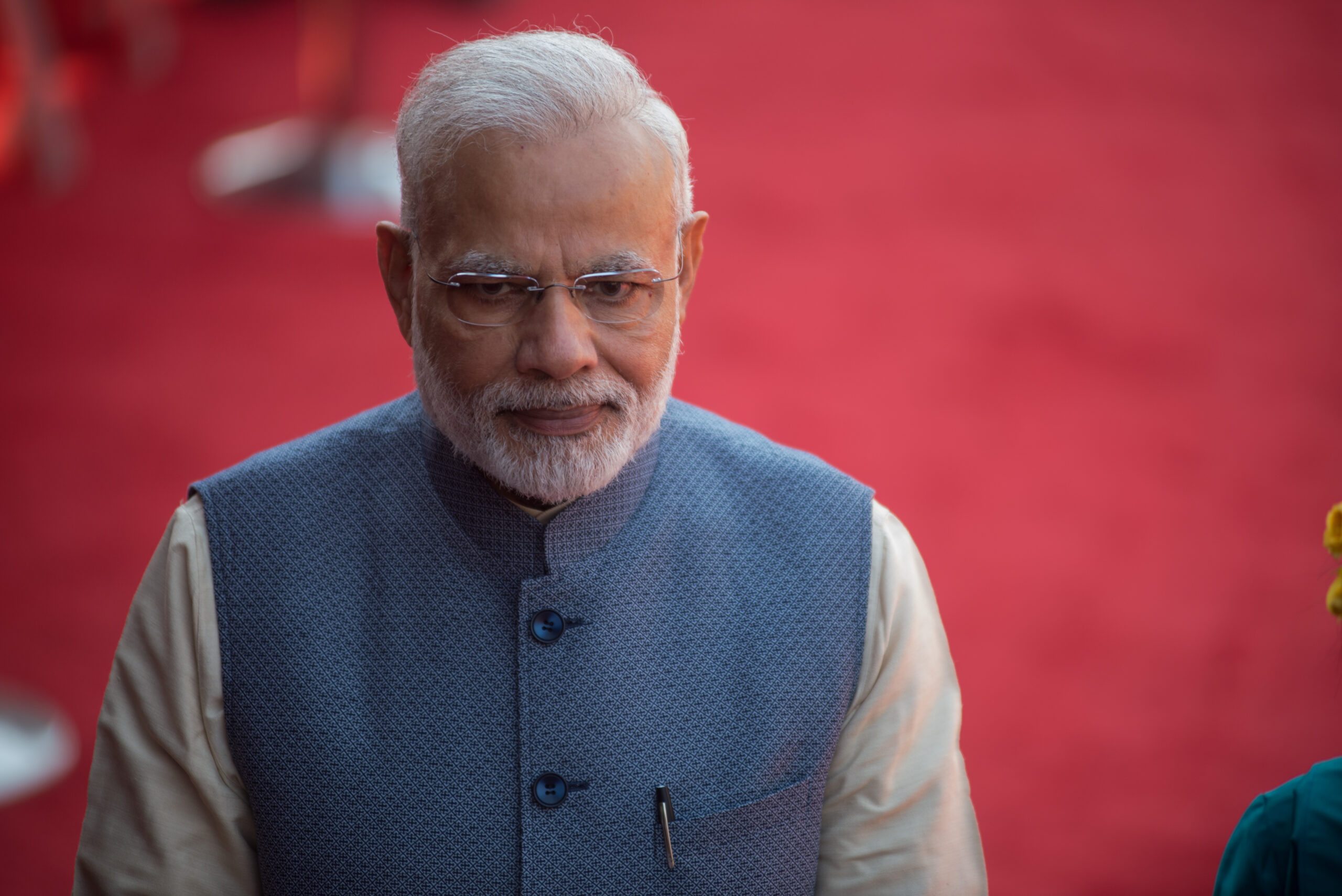
India, known as the world’s largest democracy, has long championed its dedication to democratic values and human rights. However, recent evaluations by international bodies and human rights organizations reveal a disturbing shift. Under Prime Minister Narendra Modi and his Hindu nationalist Bharatiya Janata Party (BJP), the nation is experiencing a significant decline in human rights, democratic integrity, and a rise in authoritarian practices.
The 2023 Country Reports on Human Rights Practices (HRR) from the U.S. State Department highlight a troubling pattern: the Indian government has made minimal efforts to hold officials accountable for human rights abuses. This lack of accountability points to systemic issues within the government. The United Nations and various NGOs have raised similar concerns, noting a surge in abuses since Modi’s reelection in 2019.
India’s democratic backsliding has been both rapid and severe. The Varieties of Democracies project, based in Sweden, has labeled India an “electoral autocracy” since 2019, citing it as one of the most significant cases of autocratization in the last decade. Similarly, Freedom House has downgraded India’s status to “Partly Free,” criticizing Modi and his party for eroding democratic institutions and norms that were previously considered robust.
Religious freedom in India is under severe threat. The 2022 Report on International Religious Freedom (IRF) by the U.S. State Department details numerous attacks on religious minorities, including Muslims and Christians. These attacks include killings, assaults, and harassment, with “cow vigilantism” being a notable issue. Perpetrators, often with implicit support from local authorities, target non-Hindus accused of cow slaughter or beef trading. Despite the Indian government’s defensive stance, labeling such reports as biased, the U.S. Commission on International Religious Freedom (USCIRF) has persistently recommended designating India as a Country of Particular Concern. This recommendation highlights the gravity of the situation and the need for urgent international intervention.
Press freedom in India is also in a dire state. The 2023 HRR reports severe restrictions on freedom of expression, including violence against journalists, arbitrary arrests, and censorship. Reporters Without Borders (RSF) ranks India 161st out of 180 countries in its 2023 Press Freedom Index, a significant decline from previous years. The Indian media landscape, once vibrant and diverse, now faces intimidation, legal harassment, and violence against journalists critical of the government. Both online and offline freedom of expression are under relentless assault. India has been the world leader in internet shutdowns for five consecutive years, according to digital rights group Access Now, severely impacting free speech and daily life, especially in regions like Jammu and Kashmir.
NGOs in India face an increasingly hostile environment. The Foreign Contribution (Regulation) Act (FCRA) has been weaponized to silence dissent and stifle organizations critical of the government. Amnesty International, a prominent human rights organization, ceased operations in India in 2020, citing years of threats, intimidation, and harassment by officials. This suppression of civil society undermines the crucial role NGOs play in advocating for human rights and government accountability.
Corruption remains widespread across various levels of government. Transparency International’s Corruption Perceptions Index ranks India 93rd out of 180 countries, reflecting pervasive public perception of corruption. The HRR notes that many corruption cases go unreported and unpunished, with allegations of selective enforcement targeting political opponents.
Human trafficking and bonded labor continue to plague India. The 2023 Trafficking in Persons Report by the U.S. State Department places India in the “Tier 2” category, indicating significant shortcomings in combating these issues. Despite laws against bonded labor and trafficking, millions, including children, remain vulnerable to exploitation and abuse. The situation in Jammu and Kashmir is particularly grave. Since the revocation of the region’s autonomous status in 2019, human rights abuses have intensified. Laws like the Unlawful Activities (Prevention) Act (UAPA) and the Armed Forces (Special Powers) Act (AFSPA) are used to detain individuals without charge and grant impunity to security forces, leading to reports of torture, arbitrary detention, and enforced disappearances.
Gender-based violence in India is rampant and inadequately addressed. The HRR documents extensive violence against women, including domestic violence, sexual assault, and workplace harassment. Low conviction rates for rape and other forms of sexual violence perpetuate a culture of impunity, making it difficult for survivors to seek justice.
The declining human rights situation in India is deeply concerning. The erosion of democratic institutions, increasing authoritarianism, and widespread civil liberties violations require urgent attention from both domestic and international actors. India must reaffirm its commitment to democratic principles and uphold the rights and freedoms of all its citizens, regardless of their religious, ethnic, or political affiliations. The international community must play a crucial role in holding the Indian government accountable and supporting efforts to protect human rights and democratic values in the country.
